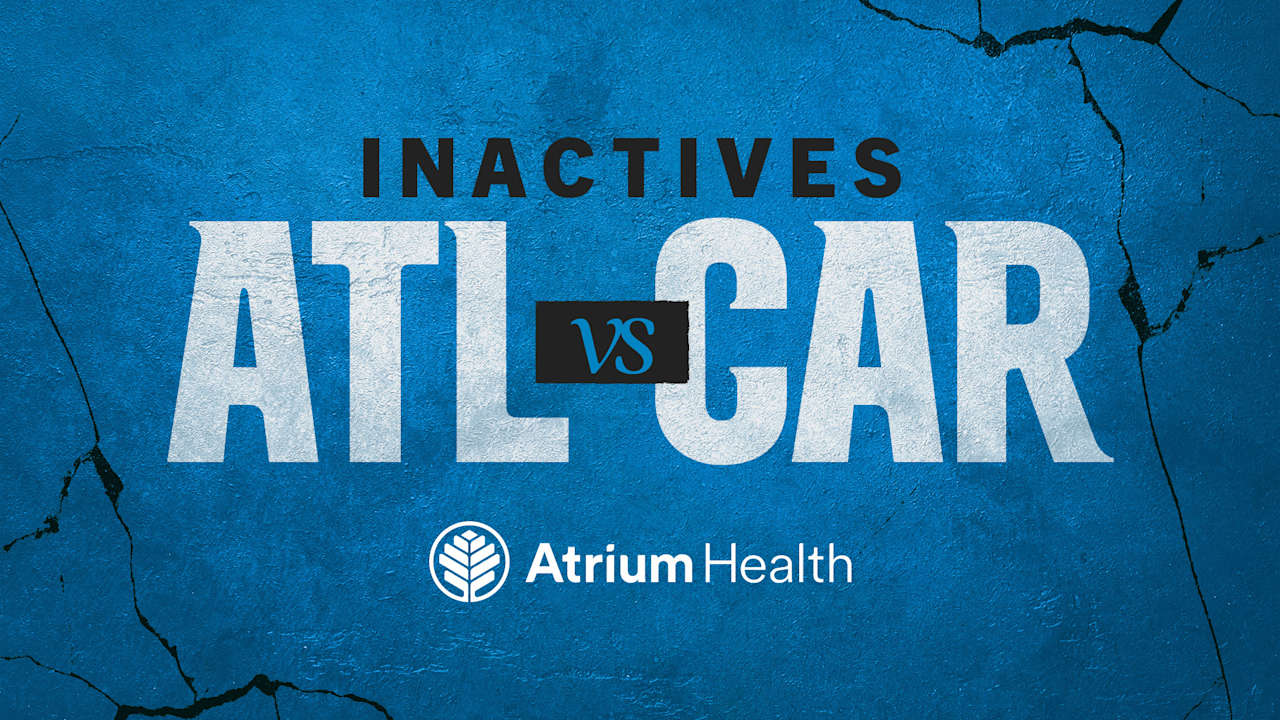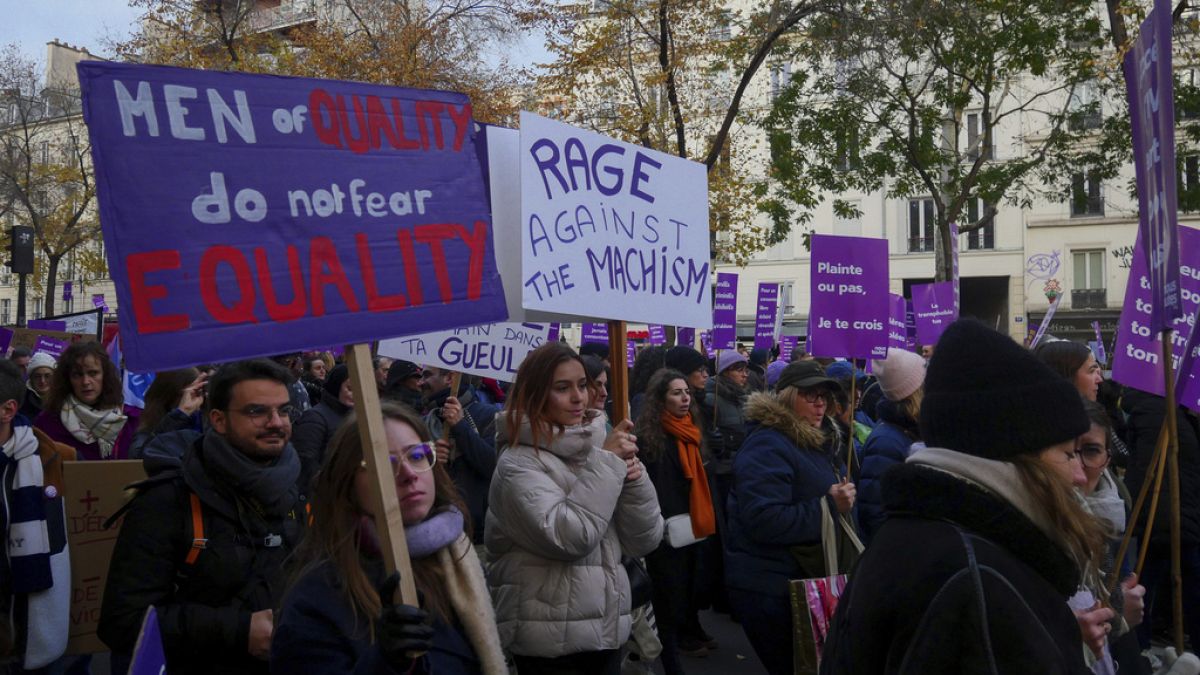Thank you, Joe Biden
Trump has learned that if he tells lies often enough and loudly enough, they will be believed. He keeps repeating that Joe Biden has been a terrible president.
In fact, President Biden has accomplished much. He tackled the COVID crisis by helping hospitals get supplies, getting COVID vaccines distributed, making free testing kits available, sending checks to all Americans, and helping people return to work and students return to school.
He revitalized the U.S. participation in NATO and supported Ukraine vs. Putin.
He recognized climate change and rejoined the rest of the world in battling its effects.
He appointed the first Black female Supreme Court justice.
He initiated projects to improve the nation’s crumbling infrastructure.
He oversaw the U.S. economy’s rebound from the pandemic.
The list goes on.
But, best of all, he stopped the daily flow of lies that had been streaming from the White House.
Cindy Kaplan, West Warwick
Better compensation for doctors
What is happening to the health-care system in America? The quality of care seems to be diminishing. One of the reasons is the abysmally poor salaries we pay to our medical residents and fellows, doctors who have already spent years in medical school and are now honing their skills in hospitals throughout the country.
The problem is especially acute in Rhode Island where these young doctors are paid an average of less than $70,000 per year at our hospitals (“Resident doctors make union bid,” News, Nov. 21).
How can these doctors’ patients and hospital management expect them to excel while trying to survive on such meager wages for four to seven years of residency and fellowship, especially with the high cost of housing in Rhode Island and with their average quarter-million-dollar student loan debts?
The only thing that keeps at bay the hounds who are constantly calling for the nationalization of our health-care system is that our country provides the best medical care in the world. Nationalization would destroy our system as it has done in the UK and Canada.
Poor pay and overly arduous working conditions foisted upon residents and fellows in the U.S. will lead to fewer quality doctors entering the profession. Nationalization will eventually follow.
I have opposed unions in the past, but when we pay our young doctors less than what we pay electrical and plumbing apprentices, something is terribly wrong.
If we want our citizens to continue receiving the world’s best medical care, we better start properly compensating residents and fellows and allowing them a bit of time off. Otherwise, they will enter other professions and the quality of medical care in America will deteriorate to that provided by nationalized health systems.
Lonnie Barham, Warwick
Saving RI’s forests
Many environmentalists are concerned about the upcoming administration being filled with individuals who do not take climate change seriously. While, unfortunately, these next four years will probably take us backwards in the fight against climate change, we can still protect the environment here in Rhode Island.
Currently, Rhode Island is the only state in New England with no protected forests on state-owned land. Rare and endangered species are threatened due to their habitats being destroyed by DEM and solar developers through forest clear-cutting.
By joining the Save Rhode Island’s Forests Campaign, you can help in the effort to get legislation passed to create laws to finally protect our state forests and endangered species. In Rhode Island, you can save the environment.
Nathan Cornell, Warwick
The writer is president of the Rhode Island Old Growth Tree Society.




























/cdn.vox-cdn.com/uploads/chorus_asset/file/25739950/247386_Elon_Musk_Open_AI_CVirginia.jpg)



